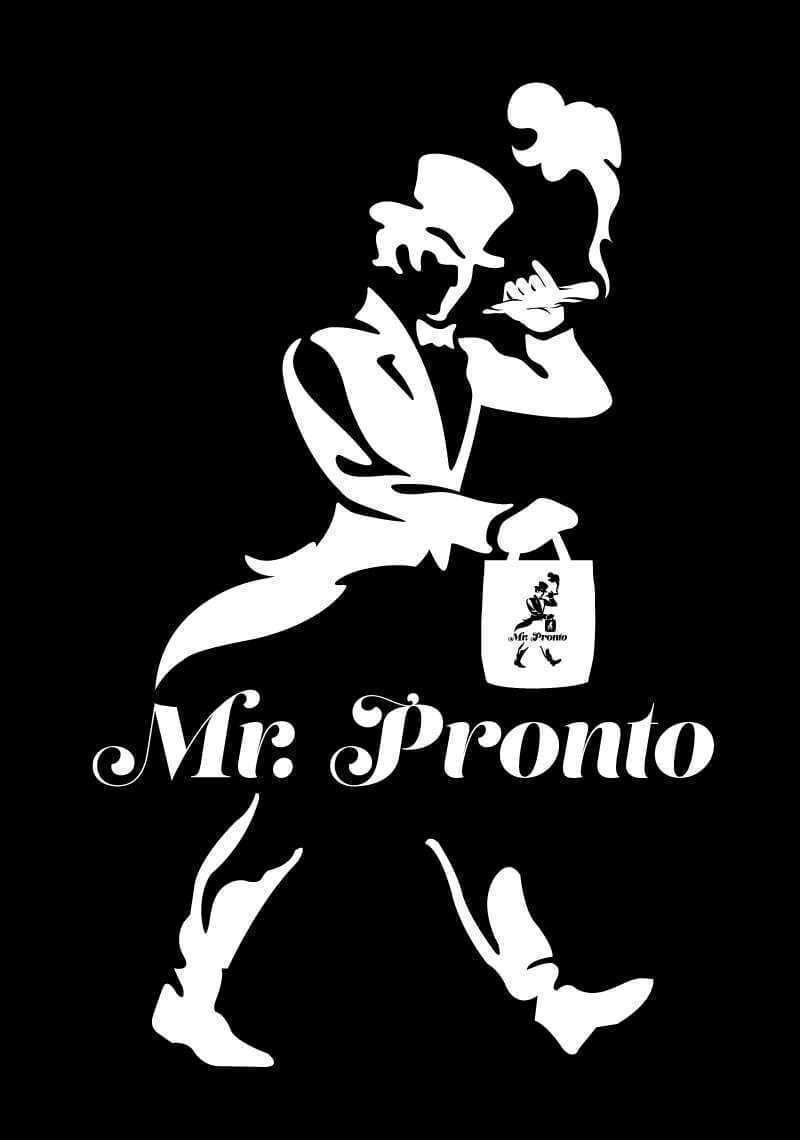Cannabis is a complex plant that contains numerous compounds, but two of the most well-known are cannabidiol (CBD) and tetrahydrocannabinol (THC). While both CBD and THC are derived from the same plant, they have distinct properties and effects. In this article, we explore the differences between CBD and THC, their respective benefits, and how they interact with the human body. Whether you’re considering using cannabis for medicinal purposes or simply want a better understanding of these compounds, this guide will provide valuable insights.
CBD: Non-Psychoactive Healing Power:
CBD is a non-psychoactive compound found in cannabis that has gained significant attention for its potential therapeutic benefits. Some key points to consider about CBD include:
- Medicinal Potential: CBD has shown promise in relieving pain, reducing inflammation, alleviating anxiety and depression, and even aiding in the management of epilepsy and other neurological disorders.
- Non-Intoxicating Effects: Unlike THC, CBD does not produce a euphoric “high” commonly associated with cannabis use. This makes CBD an attractive option for those seeking the potential health benefits without the psychoactive effects.
- Legal Status: CBD derived from hemp, containing less than 0.3% THC, is legal in many countries and widely available in various forms, including oils, capsules, topicals, and edibles.
THC: The Psychoactive Compound:
THC is the primary psychoactive compound in cannabis, responsible for the euphoric effects commonly associated with marijuana use. Here are some essential aspects of THC to consider:
- Mind-Altering Effects: THC binds to cannabinoid receptors in the brain, leading to the release of dopamine, which produces the characteristic “high” associated with marijuana use. This can result in altered perception, relaxation, and changes in mood.
- Medicinal Applications: THC has demonstrated potential therapeutic benefits, including pain relief, appetite stimulation, nausea reduction, and sleep improvement. It is often used in medical marijuana programs for these purposes.
- Legal Considerations: The legal status of THC varies significantly across jurisdictions. While it may be legal for medical and/or recreational use in some places, it remains illegal in others. It’s essential to understand the laws and regulations in your specific location.
CBD and THC Interactions:
CBD and THC can work synergistically when consumed together, a phenomenon known as the entourage effect. Some key points to note about their interactions include:
- Balanced Ratios: Different CBD-to-THC ratios can result in varied effects. Strains or products with higher CBD content and lower THC content are often sought after for their potential therapeutic benefits without intense psychoactive effects.
- Modulating THC Effects: CBD has been found to modulate the effects of THC, potentially reducing anxiety, paranoia, and other adverse effects associated with high THC doses.
- Individual Sensitivity: Individual responses to CBD and THC can vary due to factors such as metabolism, tolerance, and overall health. It’s important to start with low doses and gradually increase as needed, under medical supervision if necessary.
Conclusion:
Understanding the differences between CBD and THC is crucial for anyone considering the use of cannabis for medicinal or recreational purposes. CBD offers potential therapeutic benefits without the psychoactive effects, while THC provides the euphoric “high” commonly associated with cannabis. The interplay between these compounds can further enhance their effects. Whether you’re seeking relief from specific health conditions or simply want to explore the diverse properties of cannabis, knowledge of CBD and THC will help you make informed decisions about your cannabis consumption.






